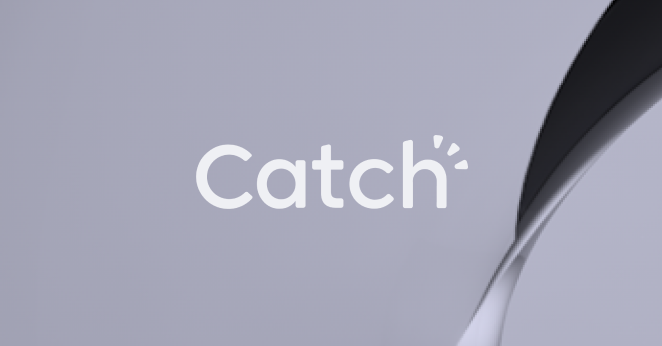
Startups face unique challenges when it comes to offering employee benefits. While a competitive benefits package is crucial for attracting and retaining top talent, it can be difficult for early-stage companies to provide comprehensive benefits without the resources of a larger organization. In this article, we will explore the importance of employee benefits for startups and discuss alternative solutions that can help startups balance benefits with their budget and company strategy.
Types of Employee Benefits
When considering employee benefits, it’s essential to understand the different types of benefits that are typically offered by more established businesses.
Health Insurance
Health insurance is a cornerstone of any comprehensive benefits package. Prospective employees, especially top talent, expect access to quality healthcare coverage. Offering a comprehensive health insurance plan that covers preventative care and general medical expenses is essential. Providing employees with different insurance plan options allows them to select the coverage that best suits their needs.
Retirement Savings
Retirement planning is a priority for employees. Sponsoring employee retirement plans, such as a 401(k) or an IRA, can be a significant incentive for employees to stay with or join a company. Employers often offer matching contributions to encourage employees to save for the future.
Life and Disability Insurance
Life and disability insurance provide stability and peace of mind to employees. Life insurance ensures that beneficiaries have financial support in the event of the insured’s death, while disability insurance provides benefits in the case of an unexpected illness or injury.
Paid Time Off (PTO)
Paid time off is highly valued by employees, as it allows for a healthy work-life balance. Offering vacation time, sick leave, and personal time shows that the company values the well-being of its employees.
Unemployment Insurance
Unemployment insurance is a government-mandated benefit that provides financial support to employees who are unable to work due to involuntary termination or other qualifying circumstances.
Less Traditional Benefits
In addition to traditional benefits, startups can offer unique benefits to stand out and attract top talent. These may include stock options, learning and development budgets, flexible work arrangements, wellness programs, paid parental leave, grocery budgets, commuter benefits, and cellphone reimbursement.
How Employee Classifications Impact Benefit Offerings
The types of employees a startup hires, whether W-2 employees or 1099 contractors, can significantly impact the benefits strategy.
W-2 Employees
If a startup hires W-2 employees, certain benefits may be required based on business size and relevant regulations. It’s recommended to seek professional advice to ensure compliance with these regulations.
1099 Contractors
Startups employing 1099 contractors are not required to provide benefits but offering benefits can help attract and retain high-quality contractors.
Mixed Array of Benefits
Many startups fall between these two classifications. They may have full-time W-2 employees but also hire 1099 contractors for specific projects. In this case, a mixed array of benefits is necessary.
Portable Benefits
Portable benefits, which are connected to individuals instead of employers, offer a flexible solution for different types of employees and company budgets. Companies like Catch provide a range of benefits that individuals can access even after leaving a role. These benefits include tax withholding, retirement plans, health insurance, and savings for paid time off and emergencies.
Open Enrollment Period
The Open Enrollment Period, which runs from November 1 until January 15, is the only time independent workers can enroll in or make changes to their health insurance plans. It’s also an opportunity for startups to offer portable benefits to their employees.
Providing a competitive employee benefits package is crucial for startups looking to attract and retain top talent. While it may be challenging for early-stage companies to offer comprehensive benefits, alternative solutions like portable benefits can help bridge the gap. By carefully considering the types of benefits and the needs of their workforce, startups can create a benefits strategy that aligns with their budget and company goals.
FAQs
Q: How do employee benefits impact employee retention and satisfaction?
A: Employee benefits have been shown to increase retention and satisfaction among employees. Offering a comprehensive benefits package raises morale, increases productivity, and improves overall employee well-being.
Q: What are portable benefits?
A: Portable benefits are benefits that are connected to individuals rather than employers. They can be accessed even after leaving a role, making them an attractive option for startups with a mixed array of employees.
Q: When is the Open Enrollment Period?
A: The Open Enrollment Period runs from November 1 until January 15. It’s the only time independent workers can enroll in or make changes to their health insurance plans.
Conclusion
Investing in a competitive employee benefits package is beneficial for startups in attracting and retaining top talent. While early-stage companies may face challenges in providing comprehensive benefits, alternative solutions like portable benefits can help bridge the gap. By understanding the types of benefits and the needs of their employees, startups can create a benefits strategy that aligns with their budget and company goals.
